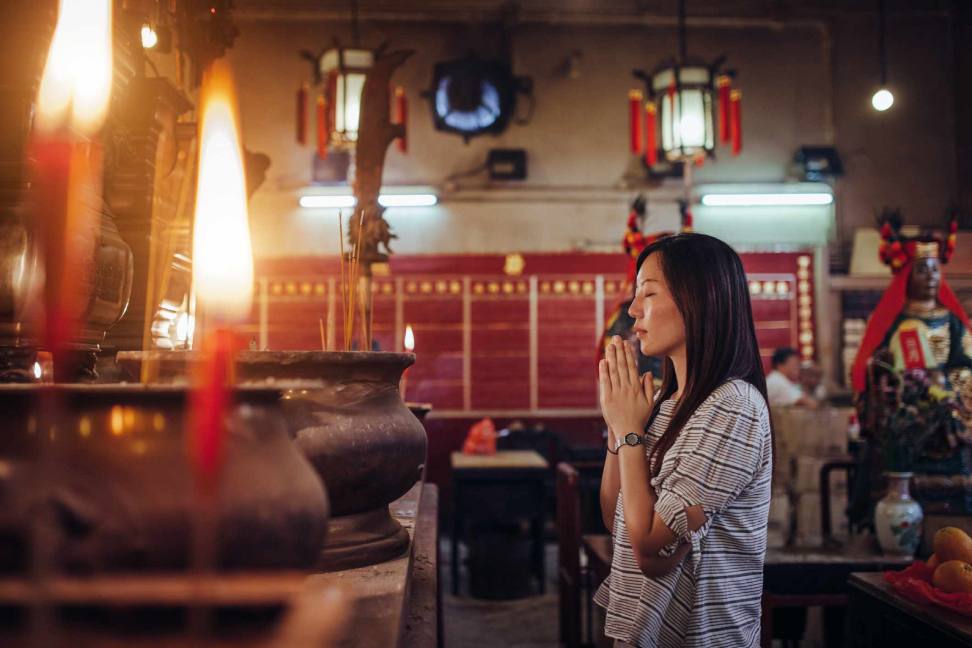King 567, Betbhai247, Apbook247: Rituals are symbolic actions or ceremonies that hold deep meaning and significance within various cultural and religious contexts. These practices are often repetitive and follow a specific set of rules or traditions, serving as a way to express beliefs, values, and emotions. Through rituals, individuals and communities come together to commemorate important events, honor their ancestors, seek blessings, or mark significant life milestones.
In essence, rituals serve as a bridge between the tangible and intangible aspects of human experience, providing a sense of continuity and connection to something greater than oneself. Whether it is a daily prayer, a wedding ceremony, or a traditional dance performance, rituals play a crucial role in shaping identity, fostering community cohesion, and facilitating a deeper understanding of the world around us.
Purpose of Rituals in Religion
Rituals hold a significant place in the practice of religion, serving as a way to connect individuals to their faith on a deeper level. Through rituals, believers can express their devotion, reverence, and commitment to their religious beliefs. These practices often provide a sense of structure and order within religious communities, fostering a sense of unity and solidarity among followers.
Moreover, rituals play a vital role in conveying important teachings and values within religious traditions. They serve as a means of transmitting religious narratives, beliefs, and moral principles from one generation to the next. By participating in rituals, individuals not only strengthen their own faith but also contribute to the preservation and continuity of their religious heritage.
Cultural Significance of Rituals
Apbook365, Apbook Login, Goexch777: In various cultures around the world, rituals play a significant role in reinforcing social bonds and strengthening the sense of community. These shared practices often serve as a way for individuals to connect with their cultural heritage and identity, fostering a sense of belonging and unity among members of the community. Additionally, rituals can provide a sense of continuity and stability in the face of change and uncertainty, offering people a source of comfort and familiarity in times of transition or crisis.
Moreover, rituals in culture can also be a way to pass down values, beliefs, and traditions from one generation to the next. Through participating in rituals, individuals learn about the history and customs of their culture, gaining a deeper understanding of their roots and the foundation upon which their society is built. This transmission of knowledge and wisdom through rituals helps to preserve cultural heritage and ensure that important teachings are not lost or forgotten as time progresses.
- � Rituals reinforce social bonds and strengthen the sense of community
- � They help individuals connect with their cultural heritage and identity
- � Rituals provide a sense of belonging and unity among members of the community
- � They offer continuity and stability in times of change or uncertainty
Moreover, rituals serve as a means to pass down values, beliefs, and traditions from one generation to the next. By participating in rituals, individuals gain insight into the history and customs of their culture, deepening their connection to their roots. This transmission of knowledge through rituals is crucial for preserving cultural heritage and ensuring that important teachings are upheld for future generations.
What are rituals?
Rituals are a set of actions, often performed in a specific sequence, that hold symbolic meaning within a particular culture or religion.
What is the purpose of rituals in religion?
Rituals in religion serve multiple purposes, such as expressing devotion, seeking spiritual connection, marking significant life events, and promoting social cohesion within the religious community.
What is the cultural significance of rituals?
Rituals play a crucial role in preserving cultural traditions, passing down values and beliefs to future generations, fostering a sense of identity and belonging, and providing a framework for individuals to navigate life transitions and challenges within a cultural context.
Additional:
- How To Delete Xbox Account?
- 10 Best Gaming Laptops for All Types of Gamers
- What Is Sandbox VR? How Much Is Sandbox VR?


